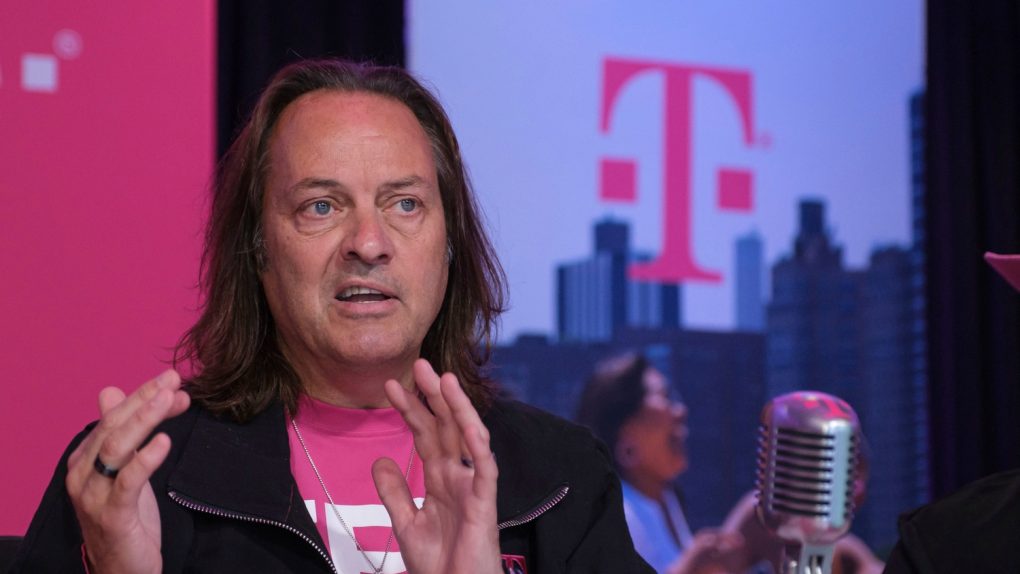- The long-planned merger between wireless rivals T-Mobile and Sprint finally became official on Wednesday.
- As part of the merger, T-Mobile’s CEO John Legere is leaving his post a little early, though he will remain a board member of the combined company through this summer.
- The merger produces a stronger No. 3 wireless industry player that’s poised to give AT&T and Verizon more of a run for their money.
- Visit BGR’s homepage for more stories.
One of the biggest and longest-running stories in the mobile industry finally comes to something of a close today. T-Mobile announced on Wednesday the completion, at last, of its merger with Sprint that creates a combined wireless carrier with more than 100 million customers in a deal valued at more than $31 billion.
The merger creates a new and resurgent No. 3 player behind AT&T and Verizon and has also spurred T-Mobile’s brash, bombastic CEO John Legere — who’s had the job since 2012 — to step down early and hand the reins over to T-Mobile’s former COO Mike Sievert, though Legere will stay on as a board member through the company’s annual shareholders meeting in June.
In a tweet Wednesday, Legere raved that the deal would “SUPERCHARGE” everything customers already love about T-Mobile, with the benefits of the merger including, according to T-Mobile, everything from “lightning-fast speeds” for urban areas as well as underserved rural communities. The New T-Mobile also promises to offer more value to consumers, “with better service at lower prices,” while the enhanced scale and financial position of the combined company will support an investment of $40 billion into its network and business over the next few years.
We can finally share that The #NewTMobile is officially here and is getting ready to SUPERCHARGE everything you love about the #uncarrier – more competition, more network capacity and speed, more value, more innovation and more of a force for GOOD! 💖https://t.co/RdRWOG59ER
— John Legere (@JohnLegere) April 1, 2020
Legere’s departure is something of a milestone moment for the company and the industry, for reasons that include the turnaround he engineered at T-Mobile and the practices he championed that included positioning T-Mobile as a so-called “Un-carrier.”
“The New T-Mobile’s commitment to delivering a transformative broad and deep nationwide 5G network is more important and more needed than ever, and what we are building is mission-critical for consumers,” Sievert said in a news release. “With this powerful network, the New T-Mobile will deliver real choice and value to wireless and home broadband customers and double down on all the things customers have always loved about the Un-carrier. T-Mobile has been changing wireless for good — and now we are going to do it on a whole new level!”
Among the other benefits of the combined company, T-Mobile promises it will:
- have 14 times more capacity in the next six years than T-Mobile alone has today.
- give customers access to average 5G speeds up to eight times faster than current LTE in just a few years and 15 times faster over the next six years.
- provide within six years 5G to 99% of the US population and average 5G speeds in excess of 100 Mbps to 90% of the US population.








